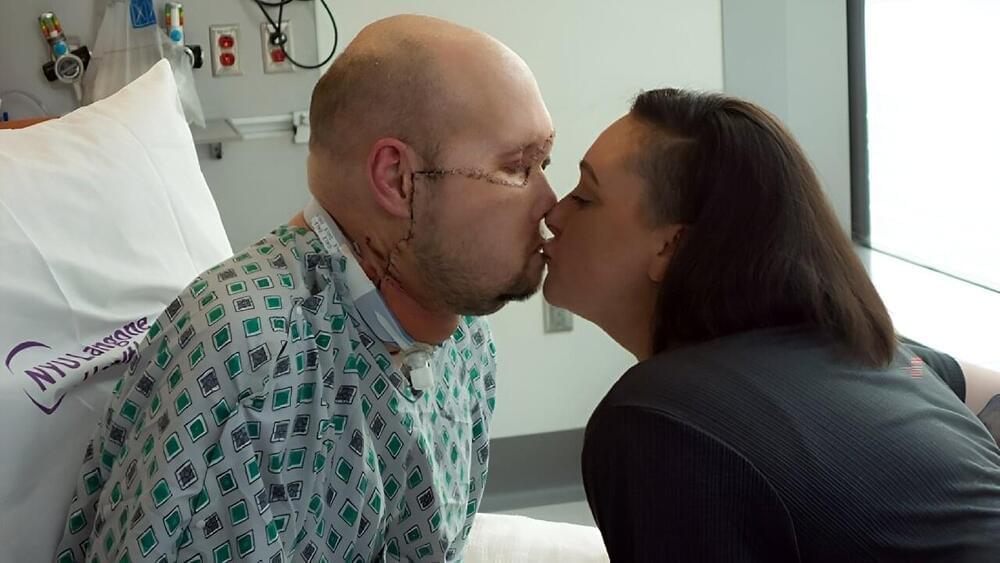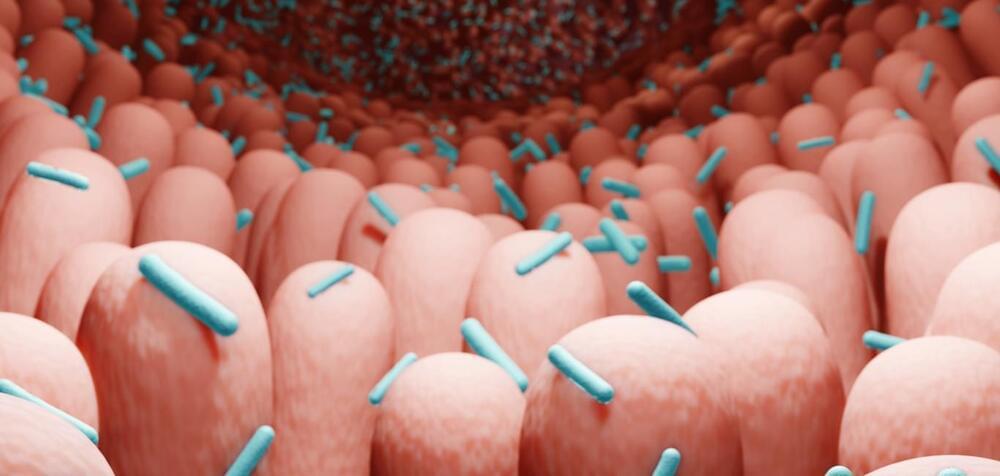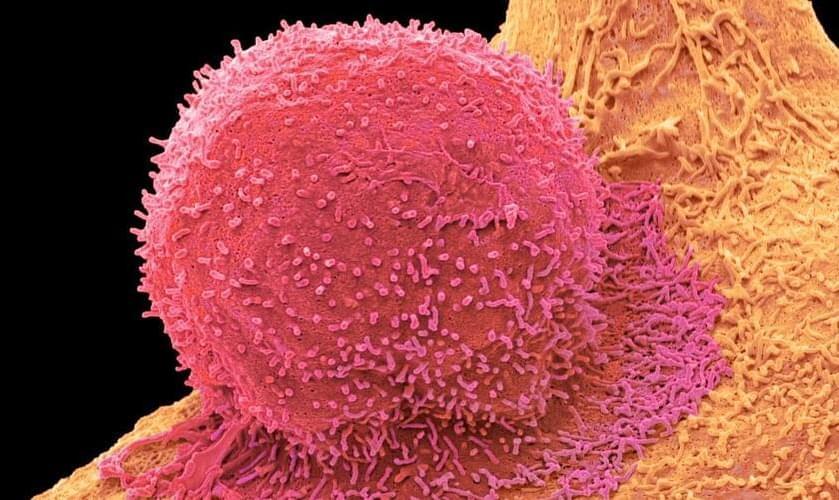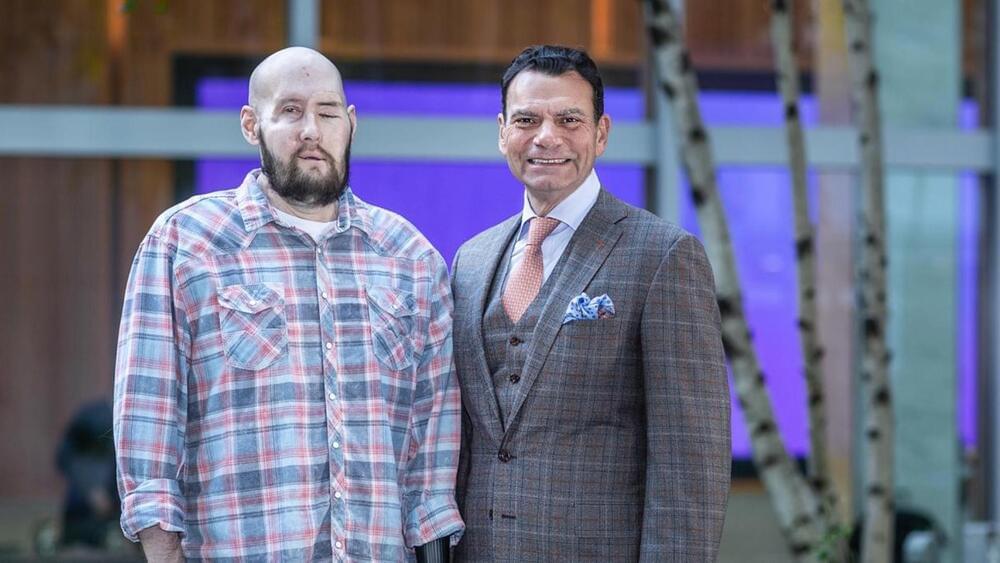The challenge of measuring adult neurogenesis is difficult, but it’s not impossible. A big part of the solution is knowing what to measure and where. While this new study was performed on rats—and therefore may be a poor predictor of what we’ll see in humans—it can direct future research by showing neuroscientists where to look and what to look for.
And unlike the hard problem of consciousness, unraveling the mysteries of adult neurogenesis may have clinical applications. Better the lifecycle of neurons may reveal how neurological disorders such as Parkinson’s and Alzheimer’s disease emerge. There’s even research linking disorders such as depression and anxiety to neurogenesis activity.
This knowledge may lead to new treatments, but if not, it could also reveal a better understanding of how our lifestyles and environments support brain health and regeneration throughout human life.







